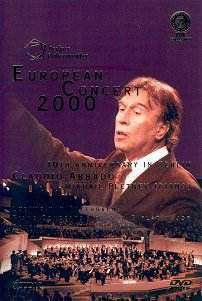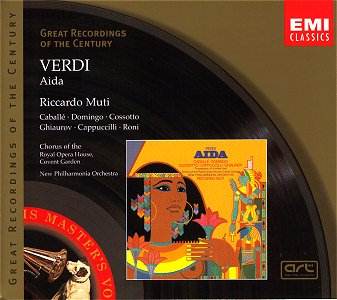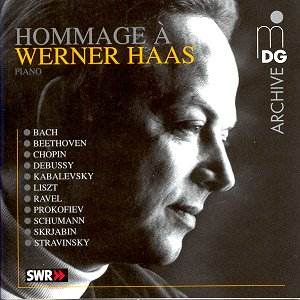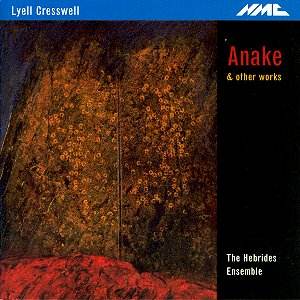 Composer: Ludwig van Beethoven
Composer: Ludwig van Beethoven
Works: Piano Concerto No. 2 in B Flat major, Op. 19; Symphony No. 9 in D Minor, Op. 125
Performers: Mikhail Pletnev, piano; Karita Mattila, mezzo-soprano; Violeta Urmana, alto; Thomas Moser, tenor; Eike Wilm Schulte, baritone; Swedish Radio Choir; Eric Ericson Chamber Choir; Berlin Philharmonic Orchestra; Claudio Abbado, conductor
Recording: Recorded in the Philharmonie, Berlin, 1st May, 2000
Label: Deutsche Grammophon
Ludwig van Beethoven, a titan of the classical canon, occupies a singular position in the pantheon of Western music. His works not only epitomize the transition from the Classical to the Romantic era, but they also encapsulate a profound emotional depth, a characteristic vividly revealed in his Piano Concerto No. 2 and Symphony No. 9. The 2000 Euro Concert, conducted by Claudio Abbado and featuring Mikhail Pletnev as the piano soloist, presents an illuminating exploration of these masterpieces within the context of a resurgent Berlin, marking a significant moment in both the cultural and artistic landscape of the city.
The performance of the Piano Concerto No. 2 is marked by Pletnev’s understated artistry, characterized by an impressive restraint that allows the music’s inherent lyricism to shine through. His touch is delicate and nuanced, particularly in the second movement, where the interplay between soloist and orchestra achieves a rare intimacy. Pletnev’s ability to navigate Beethoven’s intricate passages without resorting to flamboyance is commendable, establishing a rapport with Abbado that feels both organic and deeply respectful of the score. The opening Allegro con brio is imbued with a buoyant energy, driven by a lighter orchestral texture that Abbado deftly elicits from the Berlin Philharmonic. This contrasts sharply with the heavier interpretations often associated with Beethoven, offering a fresh perspective that aligns with the latest scholarship, particularly the use of Jonathan del Mar’s new edition of the symphonies.
Abbado’s conducting style has evolved notably since earlier interpretations, favoring a more agile and transparent sound that allows each instrumental line to be distinctly heard. For instance, the clarity in the orchestral introduction to the Symphony No. 9 is striking; the woodwinds articulate their melodic lines with crisp precision, while the brass and strings interlace seamlessly. The starkness of dynamics that Abbado employs underscores the emotional peaks and troughs of the symphony, particularly during the famous “Ode to Joy.” The soloists, including the visually captivating Karita Mattila, provide not only vocal heft but also a sense of communal joy that resonates with the work’s underlying themes of brotherhood and unity. Their performance, particularly in the finale, is invigorated by the palpable enthusiasm of the orchestra, resulting in a performance that feels both celebratory and deeply contemplative.
The technical execution on this DVD is exemplary. The engineering captures the spatial nuances of the Philharmonie’s acoustics, presenting a sound that is both rich and detailed. The LPCM stereo and AC3 Digital 5.1 formats enhance the listening experience, allowing the audience to appreciate the intricate dialogues between sections of the orchestra. The clarity of the recording elevates the experience, ensuring that even the most delicate passages are rendered with the necessary focus. The accompanying documentary provides context not only for the music but also for the rich cultural tapestry of a reunified Berlin, enhancing the viewer’s appreciation of the performance’s historical significance.
This performance stands as a compelling testament to Beethoven’s enduring legacy, encapsulated through Abbado’s insightful interpretation and Pletnev’s masterful pianism. The concert is both a celebration of Beethoven’s genius and a reflection of the artistic renaissance in Berlin at the turn of the millennium. The combination of thoughtful interpretation, technical excellence, and the powerful emotional resonance of these works makes this DVD a worthwhile addition to any classical music collection, providing a reminder of the transformative power of music in both personal and collective contexts.



